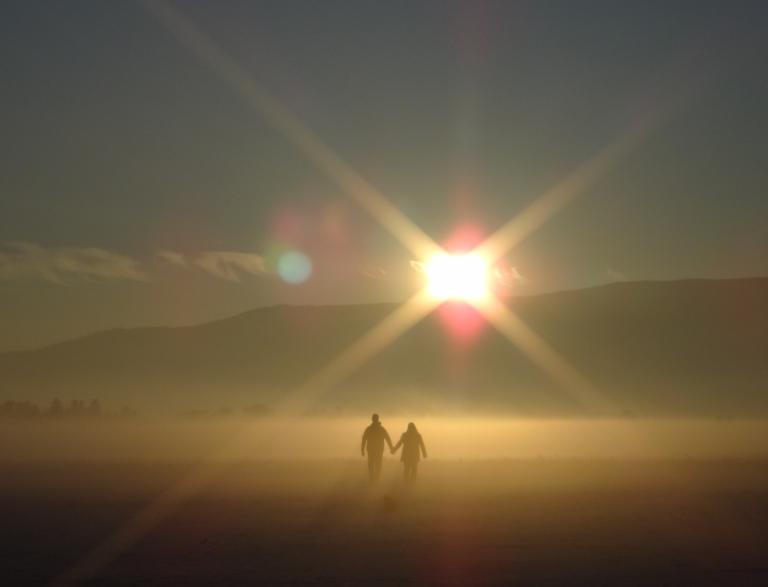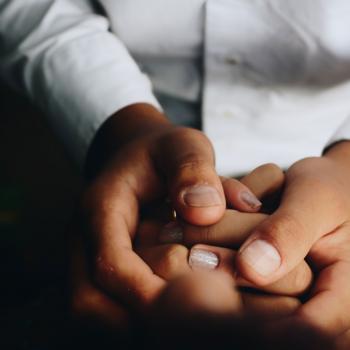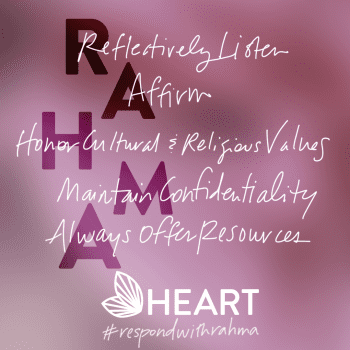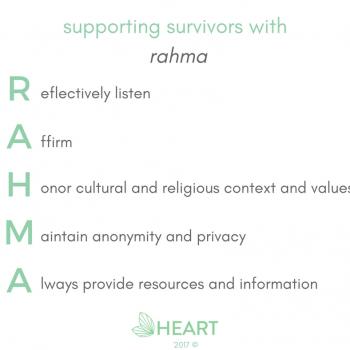Whenever there are allegations of gender-based violence against a prominent figure in the community, social media erupts. Just a few reflections this morning.
- The Need for Training. The Muslim community has developed, overnight, a large number of experts in gender-based violence (GBV). This is fascinating. While we need more people doing this work, I would think that training, experience, and understanding the multilayered complex nature of this topic are prerequisites. But I could be wrong – perhaps social media offers a faster route to expertise.
- Selective Priorities. GBV only seems to matter within and to our community when the perpetrator is a well-known person. And when I say “matter,” I mean people are openly sharing their opinions and criticisms, rather than educating themselves on the nuances of GBV.
- Lack of Safe Spaces for Survivors. While this back-and-forth continues on social media, as always, the wellbeing of survivors takes a back seat. This happens in every case where the perpetrator is well known. I can’t imagine how it feels for survivors to read many of the comments being posted.
- The Need for long-term commitment to address GBV. As with everything on social media, this will all calm down within a few weeks, and the majority of our community will go back to living their own lives. Gender-based violence won’t matter or be a topic of importance anymore. Those working in the field will continue to fight for the rights of survivors and ways to hold perpetrators accountable. We’ll continue to stress over how many people attend training and awareness programs we’re hosting. It’s incredibly sad that methods of oppression only matter to the general public when people in the spotlight are involved.
- Victim-blaming. It’s shocking to see how many people are more focused on vilifying the survivor. Here’s some advice: it is NO ONE’S responsibility or right to focus on the survivor’s legitimacy. I could go on and on about the ridiculously low rate of false reporting of sexual assault, emotional abuse, etc, but many individuals won’t believe this and will continue to remain incredibly biased. It’s not your job to be the judge and jury. Your job is to fight oppression in every form and understand that GBV is a huge concern across all communities.
So, what can you do?
1. Educate yourself – and I mean, really educate yourself – on GBV. HEART Women and Girls has toolkits published on GBV; check out RAINN; Futures Without Violence; the Family and Youth Institute; and Peaceful Families Project.
2. Talk about GBV within your own family and friend circles – and I do not mean about the latest social media show-down. There are evidence-based ways to prevent violence and it starts with education. Boys and men especially (given that they are 98% of perpetrators of violence) need to receive continuous and developmentally appropriate education on re-defining masculinity, healthy regulation of emotions, the Islamic and human rights of women, healthy relationships, what sexual violence is (i.e about power and control, NOT sex), and so forth. The burden of prevention cannot be on educating girls and women about healthy relationships – this is important, but prevention is only prevention when it’s aimed at potential perpetrators.
3. Look within yourself. We should all use this occasion to better ourselves internally.
4. Community and religious leaders – if you are not opening the door within your circles and places of worship for education on GBV, then we have a problem. You cannot be gatekeepers to critical information and prevention efforts.
5. Muslim-led organizations, large or small, MUST have policies and procedures in place to protect community members and hold perpetrators accountable. Community members must start asking for this. Our places of employment, schools, colleges, etc all have this – why are we keeping the bar so low for our own community?
6. Last but not least – disconnect to connect. Take time off social media, responding to text messages, etc around this topic. Again, what’s being shared online doesn’t matter in relation to the grand scheme of keeping our communities safe and free of violence. Place your energy there, but take care of yourself first ![]()













